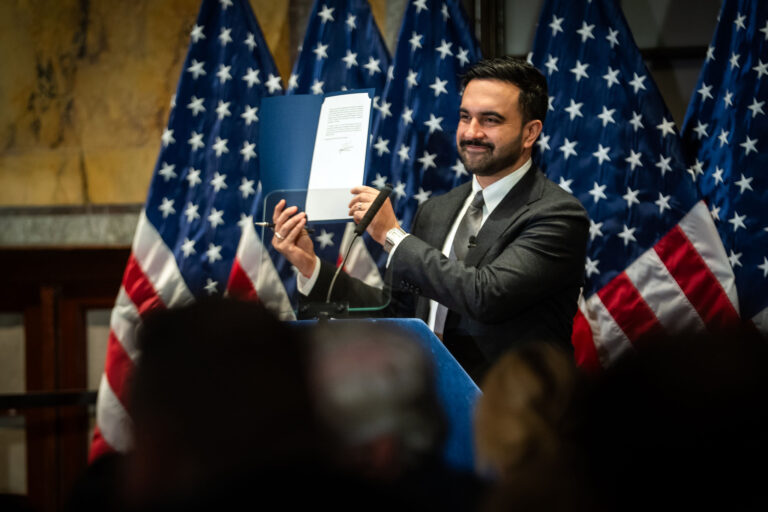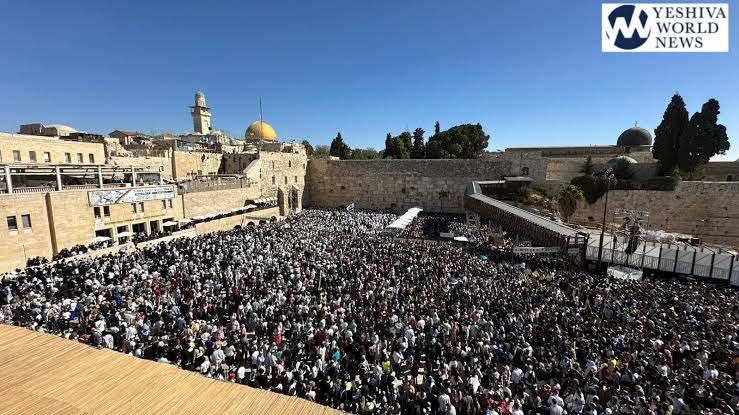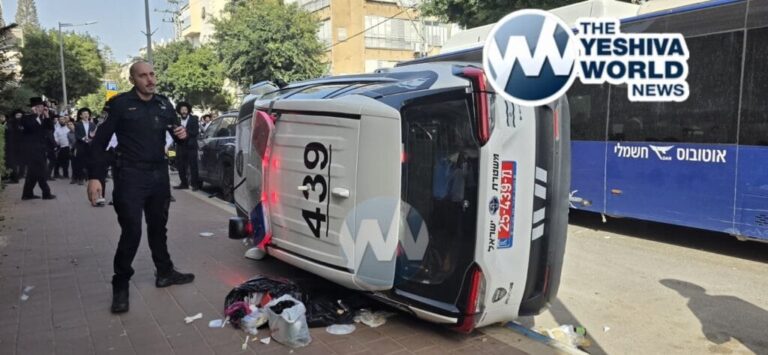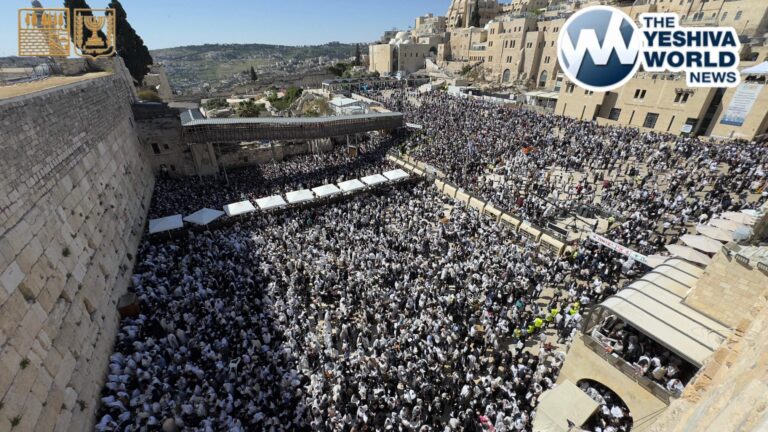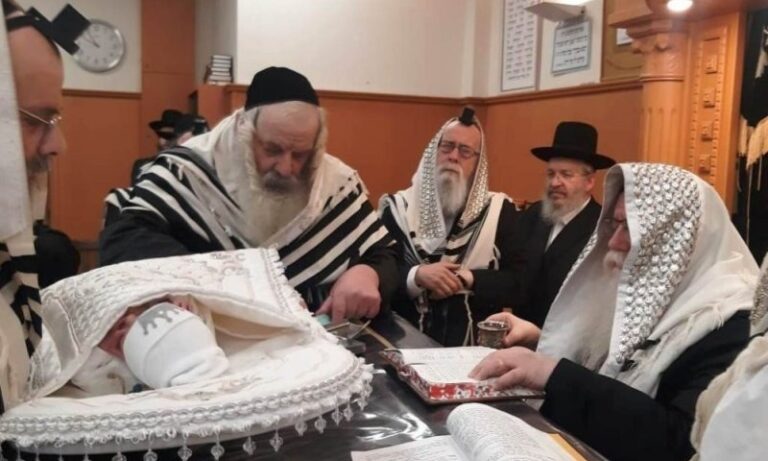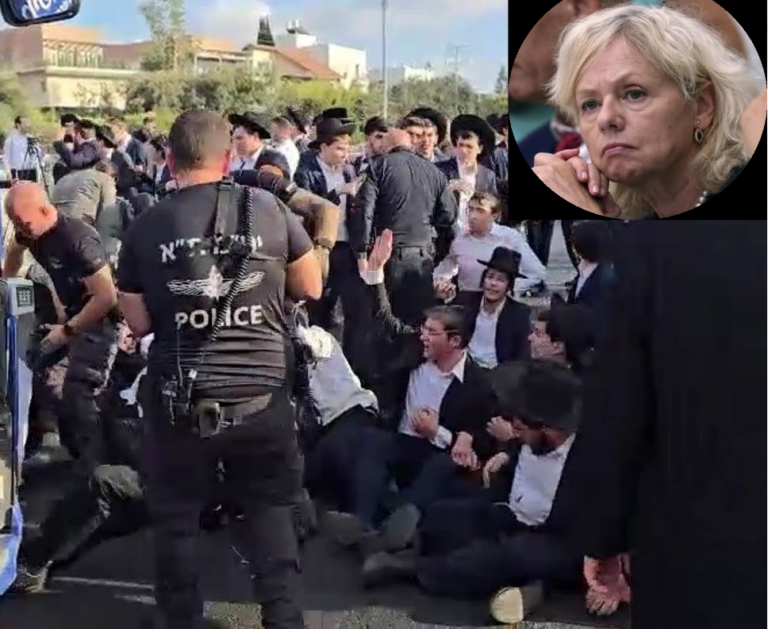Theדבר תורה is לזכות רפואה שלימה ל-אברהם בייניש בן גאלדה שפרינצה.ולאה בת חנהAnd לזכר נשמת ר’ אברהם בן שמחה זצ”לר’ חיים בן ר’ צבי ארי-ה זצ”לר’ יחיאל יהודה בן ר’ אברהם מרדכי הכהן זצ”לור’ אליהו מרדכי זצ”ל בן ר’ אברהם יעקב נ”י
This weeks email is sponsored in honor of Mr. & Mrs. Yosef Greenstein upon the birth of their new baby girl. Mazel tov to the entire extended family.
Did you ever think about why Rosh Hashana comes before Yom Kippur? All agree that Rosh Hashana is the Day of Judgment, when we get judged on all our previous actions, and Yom Kippur is the Day of Atonement, when we are forgiven for all our sins. Wouldn’t it make more sense for us to get pardoned from our sins first and THEN go to trial? Why is it that we keep the current order and do not make Yom Kippur before Rosh Hashana?
Another interesting question to ponder is that the first two days of Rosh Hashana have another name; they are also the first two days of Aseres Yemei Teshuva. Yet, we find no mention of a chait or vidui in our Rosh HaShana davening. It doesn’t seem like we’re doing teshuva. It’s the first two days of an opportunity for us to repent and it seems as if we are passing up on it. What seems to be a logical explanation?
The gemarah in kedushin (81) speaks about a woman who makes a neder, a vow. The Torah notes that if she was to make a vow and her husband was to nullify it, even if she didn’t know that it was nullified, or she says ‘I don’t care’ and she breaks her promise, she still needs to receive a kapara from Hashem – ‘vaHashem yislach la’. The gemarah wonders about this and asks why she needs atonement, if there is no misdeed? The gemarah answers, her intention was to sin and she did not know that her husband had nullified her vow. Since she thought she was sinning, she requires atonement. The gemarah continues and makes a kal v’chomer: If someone who thinks they sinned has to beg for forgiveness from Hashem, how much more forgiveness must one ask from Hashem for ACTUALLY sinning?
However, the above gemarah still needs some clarification because there was still no sin committed. So why then, would she need a kaparah?
R’ Elchonon Wasserman, Zt”l quotes the Chofetz Chaim who offers the following novel idea.
Every mitzvah is comprised of two elements. The first is known as tikkun-fixing the world; building up the world through good deeds. The second is known as rotzon Hashem- by you doing a mitzvah you are fulfilling the will of Hashem. Says Reb Elchonon that aveiros are also comprised of two elements; the exact opposite composition of a mitzvah. The first element is known as mikalkel-a person is causing destruction to the world by sinning. The second, as mirida-rebelling; rebelling against Hashem.
What the gemarah is saying is that when a person makes the mental decision to sin he has in essence caused destruction to the world. In order for him to fix it, they need tikkun-which comes about through mitzvos. How does one fix the fact that he rebelled against Hashem? By being mamlech Hashem; by saying that everything I do is for Hashem, like a slave who serves his master so too I am serving Hashem! Why? Because He is the king and I follow his command. This is pshat in being mamlech Hashem on Rosh Hashana.
We stated that an aveira consists of two elements; therefore, teshuva has to address these elements too because the purpose of teshuva is to rectify the elements of rebelling and destroying the world. How do we do that? Firstly, we’re mamlech Hashem. We confess and say that we rebelled; we’re sorry and are working to reaffirm our commitment to Him. This takes care of the element of rebelling, which we have with every single sin. Secondly, we have to do teshuva. We ask Hashem to forgive us for what we have done wrong and through our begging for forgiveness we fixed the element of kilkul, destroying the world, which is the second element found in every aveira.
A Rebbi of mine mentioned to me, that in last weeks parsha (vayelech 31; 18) Hashem tells Moshe what will happen to klal Yisroel after he dies. “They will stray from me and they will break the covenant they made with me. I will be angryt at them and I will hide my face from them. They will become prey and evil will encounter them. On that day it will be said ‘is it not because my God is not in my midst (and that’s why this is happening to us?)”. The pasuk continues and says ‘v’anochi hastir astir panai bayom hahu’- And I will surely have concealed my face from them [for the evil they have done; for they have turned to gods of others]”.
The Ramban notes that bnei Yisroel sinned against Hashem and even before doing teshuva they realized they erred. They recognized the void in their midst was because they betrayed Hashem. It seems from this Ramban that the beginning of every teshuva is recognizing that you rebelled against Hashem and that you have to rectify it. How? By being mamlech Him. This is the reason why we have Rosh Hashana prior to Yom Kippur. First, we are mamlech Hashem, to fix the rebellion we had against Him and then we take care of the kilkul, the destruction, by asking forgiveness from Hashem which is on Yom Kippur.
With this thought in mind I wish all my readers a K’siva V’chasima Tova and a gut gebentched yur. May we all have a year filled with nachas, gezunt, and an abundance of parnassah. We should have all have our health, gutta kinder and the ability to excel in our limud HaTorah. May we merit hearing the shofar shel Moshiach speedily, in our days.
.כתיבה וחתימה טובה
To sponsor a weekly issue, for any occasion, please email: [email protected]. For questions or comments please send an email to: [email protected]
To add a friend to this weekly email list please send a request to: [email protected]
CHECK IT OUT. IT’S NOW LIVE. LOOK UP ALL YOUR FAVORITE VERTLUCH AT: www.vertluch.com

